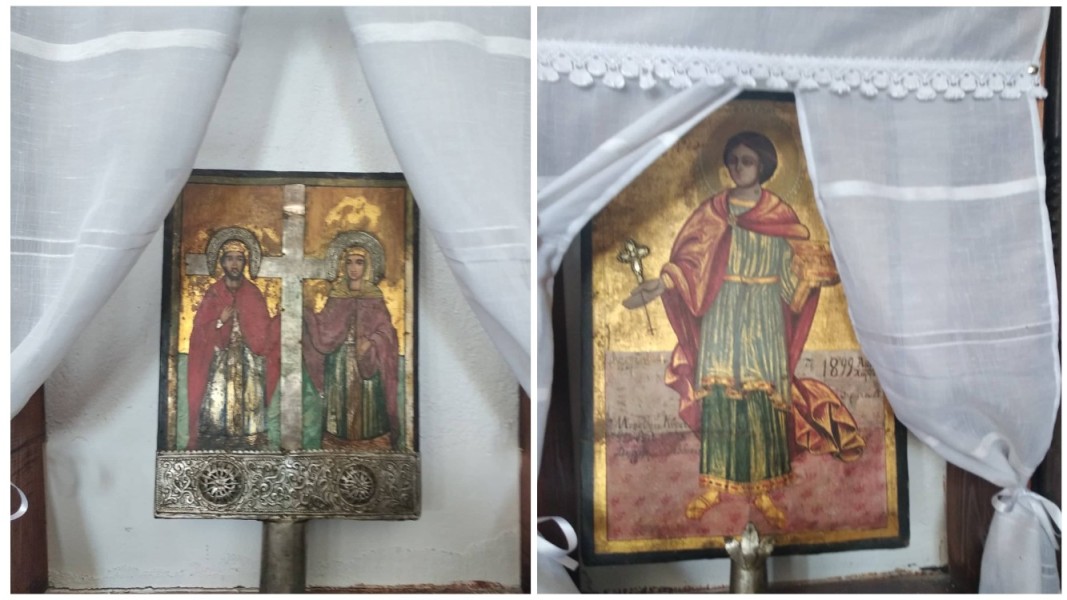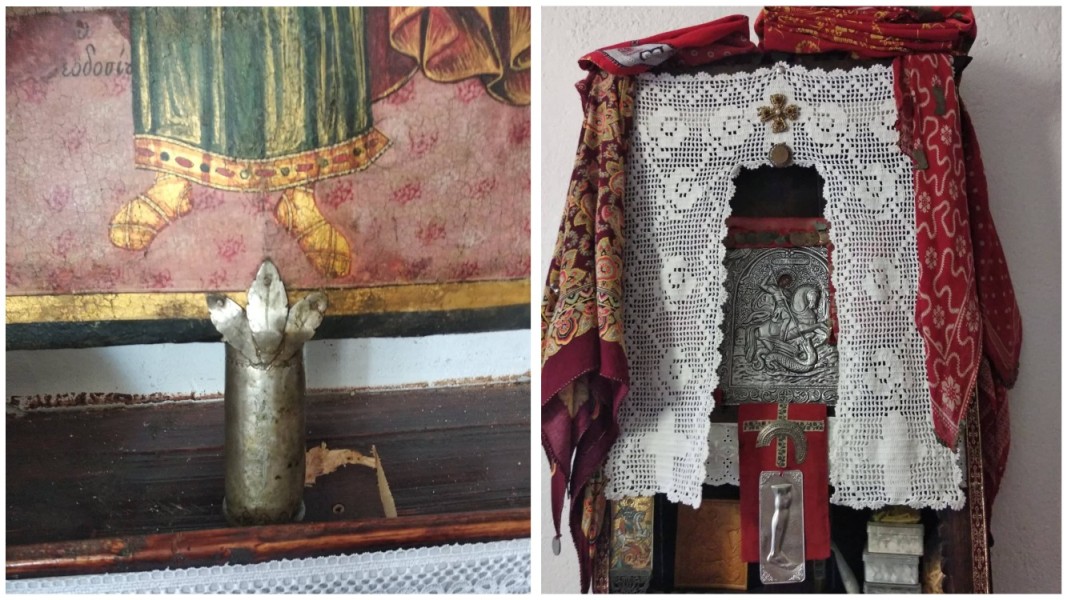The Day of St. Constantine and Helena in the old style (Julian calendar) is on June 3. In some villages in the Strandzha people still observe the tradition of Nestinarstvo – the fire-dancing rite or dancing barefoot on live embers.
The Nestinar tradition is on the UNESCO List of Intangible Cultural Heritage of Humanity since 2009, and it was part of the former UNESCO Living Human Treasures program until it was closed in 2003.

Preparations for the feast of St. Kostadin, as it is called in the Strandzha region, begin at dawn with the "dressing" of the Nestinar icons with bright red cloth decorated with flowers. In a solemn procession, the icons are carried to a sacred spring of healing water, where their handles are ritually washed. This is one of the differences between Nestinar and church icons – handles are a must for Nestinar icons.
In the evening, the Nestinars go to the chapel where the icons of Saints Constantine and Helena and other saints are kept. Gradually the people of the village gather. The music that is played is usually on the drum and bagpipe.
One of the authentic old melodies was recorded by Kostadin Varimezov - bagpipe, and Ognyan Vassilev - drum.

The same tune was notated by Bulgarian composer Marin Goleminov when he visited the village of Bulgari to attended the ritual. The composer, then 30 years old, had already chosen the plot of his dance drama "Nestinarka" and had written part of the music, but none the less he wanted to study the mysterious Nestinarstvo ritual by attending it.
In his memoirs, he describes the powerful effect of the music, the dance, the mystical atmosphere, the deep sense of the roots of this tradition. He threw his camera and tape recorder aside and got caught up in the Nestinar dance. Later, this melody would become one of the main themes in "Nestinarka", a true masterpiece in Bulgarian musical literature.
The Roma community in Bulgaria is celebrating Vasilyevden /or Vasilitsa, Bango Vasili (literally the Lame Vasil)/, also known as the Roma New Year , reports the Amalipe Foundation. The Roma New Year combining in its traditions Christmas with St...
Today is Babinden (Midwives' Day) - one of the most beloved and authentic Bulgarian holidays deeply rooted in local folk tradition . Celebrated on 8 January in the new style calendar and January 21 in the old style, it is dedicated to the women who used..
On Ivanovden, the village of Alvanovo (Northeastern Bulgaria) observes the custom called "Bathing the Sons-in-Law". The ritual is performed for health and prosperity of young couples who got married in the past year, reported BTA, referring to Valya..

+359 2 9336 661
